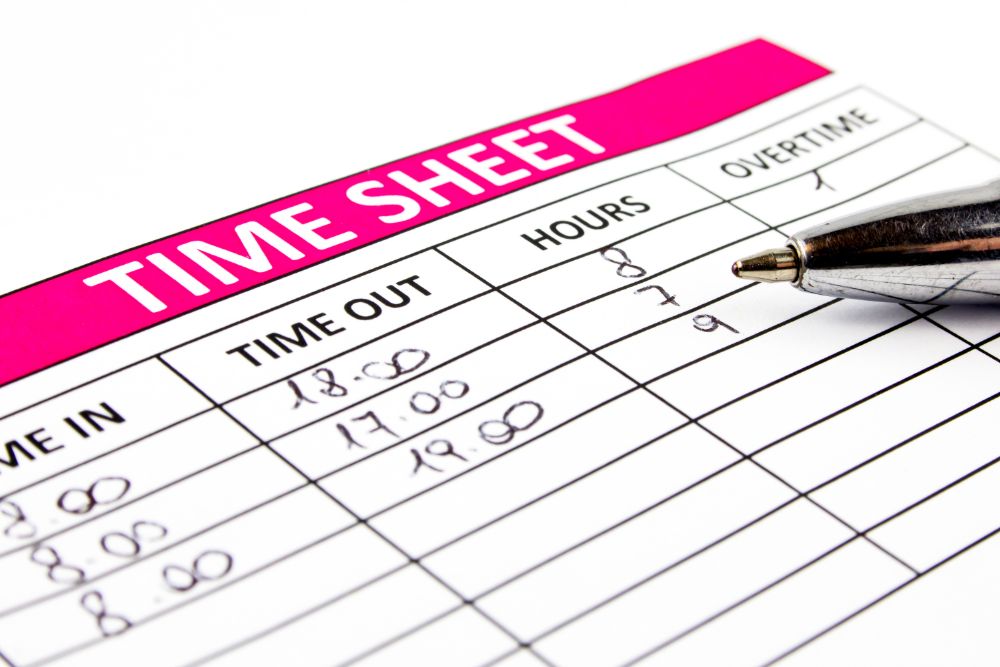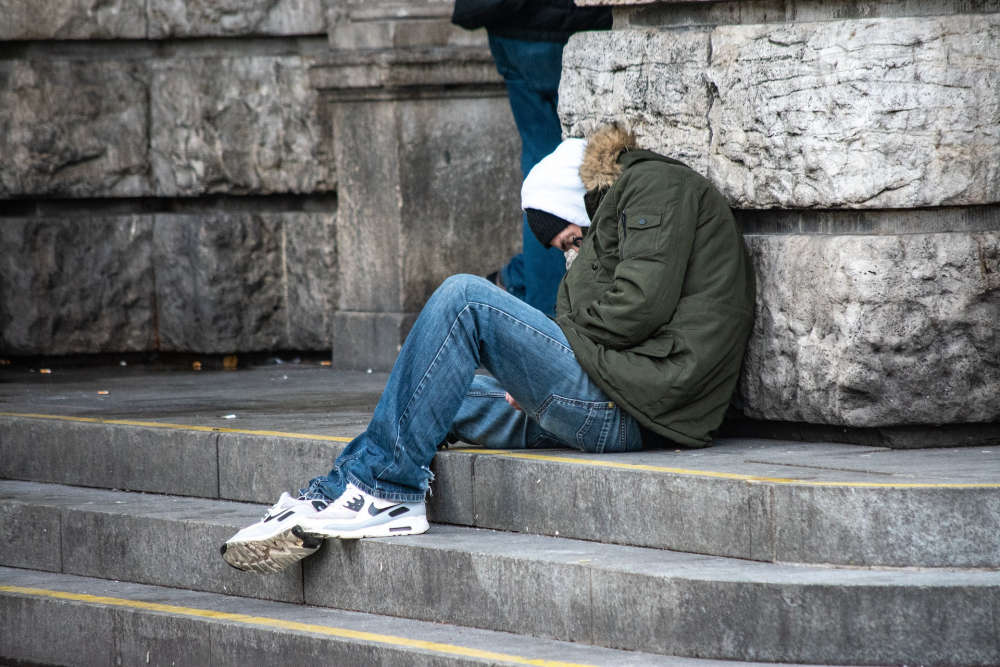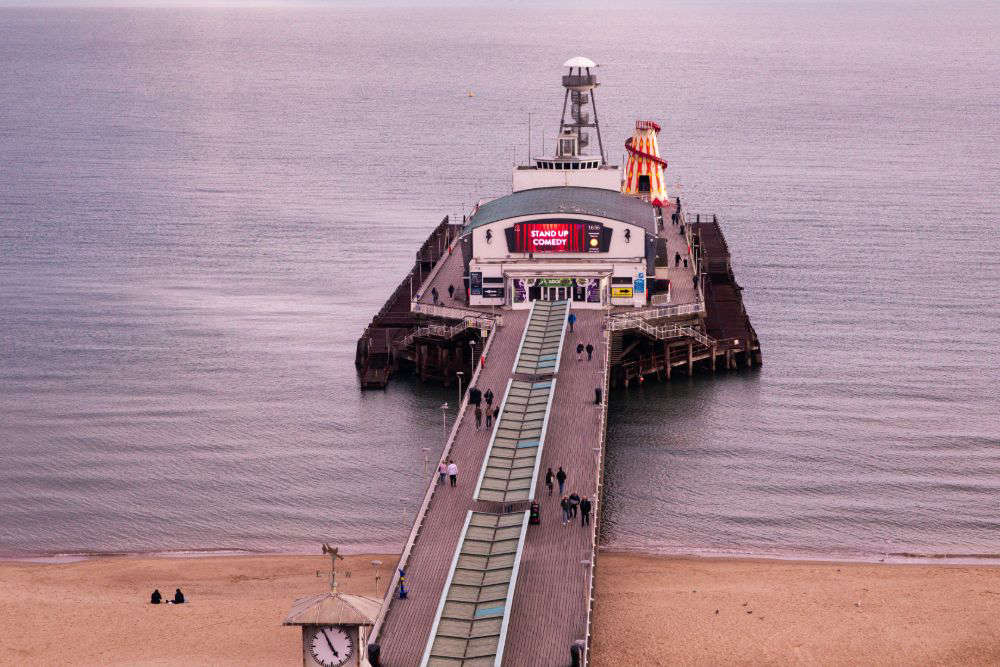
Jersey's Living Wage will rise to £12.19 an hour in the new year.
That's up from £11.27 an hour for 2022.
The rate is set by social justice charity Caritas Jersey. It looks at the London Living Wage rate (£11.95) and adds 2% on top of that.
Government of Jersey statistics suggest living in the island is 2% higher than living in England's capital city.
But as prices continue to rise, Caritas' Chief Executive Patrick Lynch says the Living Wage rate won't rise further during the next 12 months.
"The way the Living Wage works is that we (review the rate) on a yearly basis. It's announced every December for the following year.
So we've announced the rate for 2023 now, and next December we will announce the rate for 2024."
Inflation in Jersey in the 12 months to September 2022 was 10.4%.
The Living Wage is calculated to be the minimum a worker should earn to be able to 'live with dignity and to thrive, not just survive within our Jersey community'.
“Recent months have shown that we are living in unprecedented times where so many are experiencing what is now a Cost of Living Emergency.
The Living Wage has never been as important as it is now for so many people and the increase to £12.19 p/h, agreed this week by the Living Wage Advisory Committee, acknowledges the true cost of living in Jersey and aims to help people in these very challenging times”.
Caritas is licensed by the Living Wage Foundation in the UK to accredit employers who pledge to pay their staff the voluntary rate, which is higher than the island's statutory minimum wage.
Soaring costs are affecting businesses too, but Mr Lynch believes that offering the living wage to workers shouldn't be a problem for most companies.
"We think that this is manageable for most businesses.
The vast majority of businesses are paying the living wage or around there. Businesses have to pay the living wage to attract and retain staff."
But he says that one industry in particular may struggle.
"The one area we would have concerns is in the agriculture industry. We believe that what that industry needs is more support from government.
There was a chart published that showed Jersey's agriculture received very low subsidies compared to their UK and European counterparts."

"The Living Wage Campaign is focused on lifting the wages of the lowest paid in our community, who frequently work long and unsociable hours or take extra jobs just to survive.
We have seen a growing appetite in Jersey to do business ethically and to recognise and value the contribution of all employees as witnessed by a record number of Living Wage accreditations this year.
We encourage even more employers to contact us and start a conversation which will hopefully lead to Living Wage accreditation”.
Jersey's minimum wage rose to £10.50 an hour in November.


 The split between working and non-working Jersey homeless is nearly 50/50
The split between working and non-working Jersey homeless is nearly 50/50
 Carers offered free training sessions for dementia
Carers offered free training sessions for dementia
 Firefighters save two islanders from serious St Peter car crash
Firefighters save two islanders from serious St Peter car crash
 New Channel Islands catamaran tests well in choppy seas
New Channel Islands catamaran tests well in choppy seas
 Jersey-born artist's work exhibited in the British Museum
Jersey-born artist's work exhibited in the British Museum
 Jersey Hospice opens new chairty shop out east
Jersey Hospice opens new chairty shop out east
 FIRST LOOK: New Parade Gardens playgrounds open two weeks early
FIRST LOOK: New Parade Gardens playgrounds open two weeks early
 Bournemouth on the cards for 2026
Bournemouth on the cards for 2026

